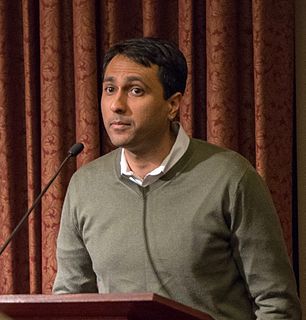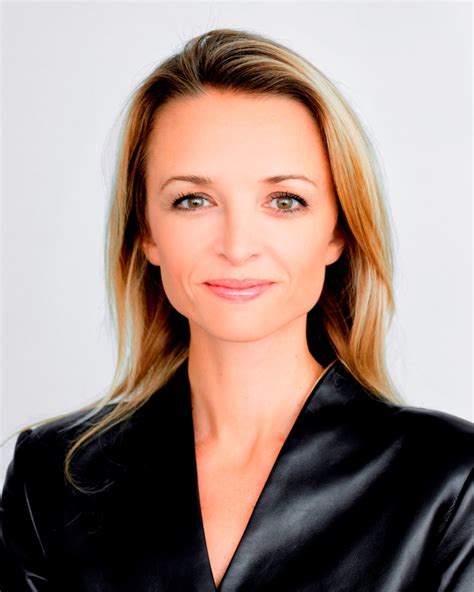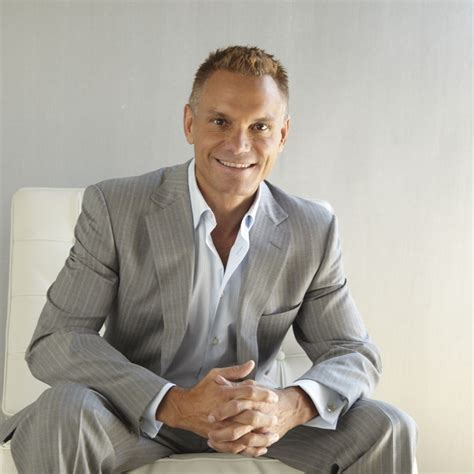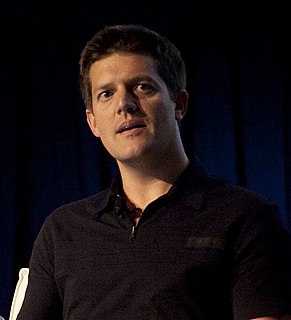A Quote by Jared Polis
With the policymaking process, you have an idea, and you try to sell other stakeholders on the idea. That's not much different than in business, where you're trying to find capital to make your idea a reality.
Related Quotes
A social entrepreneur is somebody who knows how to make an idea reality, and one of the great ideas of our time is pluralism. Can people from different backgrounds live together in mutual peace and loyalty? And what we need is a generation of young social entrepreneurs who know how to make that great idea reality in an historical moment where religious extremists are, frankly, making their idea reality.
I sell ideas. Actually, if you think about it, everything is really no more than idea. The past is nothing more than a memory, which is one kind of idea. The future is still a hope, another kind of idea. The present is fleeting and becomes a memory before you can put your hands on it. All ideas. I sell ideas.
Much more than trying to focus on the battlefield of the war, it was the central place that German doctors occupied within Nazism, the omnipotent and insane idea of wanting to generically modify an entire nation. This idea was not on the outskirts of Nazi ideology, it was the heart of movement, that's what intrigued me. Mengele is the most extreme expression of this idea.


































